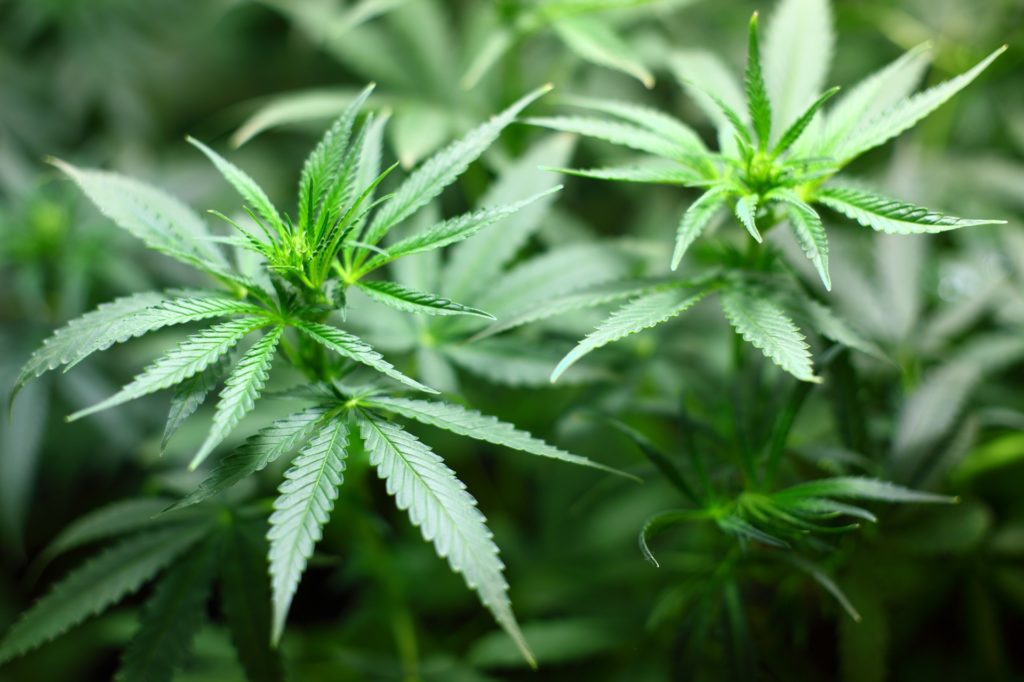
Since Colorado and Washington legalized the recreational use of marijuana in 2012, several other states have followed. Most recently, Virginia voted to legalize its use in February, becoming the first state in the Old South to legalize its use fully. The bill is still awaiting Governor Northam’s signature, however. While he is a proponent of legalization and is expected to sign it, he may send it back to the legislature with proposed amendments.
Marijuana’s Success in Virginia
The measure received a 48-43 vote in the House and passed in the Senate with a 20-19 vote. It drew no Republican support from either chamber. With its passing, Virginia became the 16th U.S. state to pass an adult-use cannabis legalization law. However, sales aren’t slated to begin until 2024. Up until now, only Illinois and Vermont have legalized, taxed, and regulated recreational marijuana through their legislatures.
Virginia’s neighbors are now facing increased pressure to make similar moves. Maryland has an adult-use legalization bill in the works. Voters in New Jersey legalized marijuana use in November 2020 with overwhelming support.
Virginia will begin the legalization process by creating a cannabis regulatory agency in July, although possession and sales won’t become legal until January 2024. The state decriminalized marijuana in 2020 while addressing criminal justice in a special session. The state’s medical marijuana program is just getting started. During a recent session, lawmakers voted to expand it by allowing marijuana flower products.
According to a study from the governor’s office, it’s estimated that the legalization of marijuana in Virginia could secure between $698 million and $1.2 billion annually in economic activity and as much as $274 million in tax revenue each year.
Debating the Issues
Democratic Gov. Ralph Northam supports recent marijuana legislation based on two in-depth studies: a report from his administration and another report from the nonpartisan Joint Legislative Audit and Review Committee. The 30-day session, which ended with the passing of the bill, included debate on the topics of:
- Preventing large corporations from controlling the marijuana market
- Automatic expungements of cannabis-related infractions when the criminal justice system lacking the necessary technology
- Public health worries such as youth use and impaired driving
- Altria’s lobbying the legislation (they bought a $1.8 billion stake in Canadian cannabis company Cronos Group in 2018)
- The consequences of disproportionate enforcement of marijuana crimes in communities of color— black and Latino men imprisoned at higher rates than their white counterparts for the same crimes across all of America
Some Republicans who were initially supportive of the bill were deterred by its social equity conditions, such as prioritizingbusiness licenses for those who have been unduly impacted by law enforcement. GOP Senate Minority Leader Thomas Norment questioned the social equity for licensing, stating that it’s not done for alcohol or other businesses.
What’s Included in the Bill?
Virginia’s marijuana successful legislation allows:
- Adults over 21 to possess up to one ounce of marijuana
- Home cultivation of as many as four plants per household
- A 21 percent excise tax on marijuana
- Municipalities to add a three percent tax on retailers in addition to existing sales tax
- The funding of pre-K education, substance use treatment programs, and other public health initiatives through marijuana sales
- For some of the revenue to go into a Cannabis Equity Reinvestment Fund that will provide resources including and workforce development and scholarships for communities disproportionately impacted by drug law enforcement
- Vertical integration in some circumstances to grandfather in medical cannabis producers and industrial hemp processors
- Vertical integration for micro-businesses
What’s Next for Marijuana Legalization?
Virginia isn’t the only state on the cusp of marijuana reform. About 12 states are currently considering some type of marijuana reform legislation. States such as Connecticut, New York, Hawaii, and New Mexico might soon have legislation on their governors’ desks.
With the COVID-19 pandemic putting some states in financial binds, many are considering cannabis reform as a lifeline. Last fall, a Gallup poll found that 68 percent of American adults support recreational marijuana use, up from 66 percent in 2019.
With a Democratic president and a democratic majority in both the House and Senate, the U.S. could be closer than ever to the federal legalization of marijuana. However, it currently remains a state-by-state issue.
Call Us Today if You’re Looking for Legal Content Like This
If you want to keep your potential clients in the know about new legal developments, call the professionals at Lexicon Legal Content today. Our attorney-led team of writers (many of whom are lawyers themselves) is standing by to generate high-quality, accurate, and Rules of Professional Conduct-compliant content that your readership – and the search engines – will love. Contact us today to learn more.